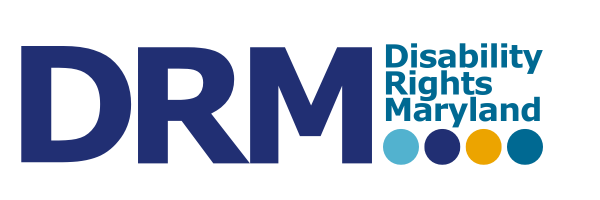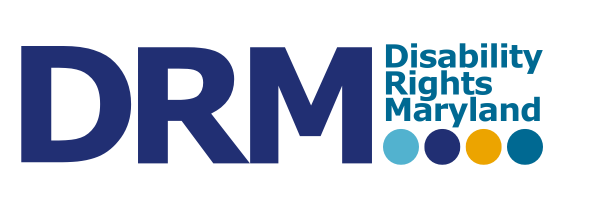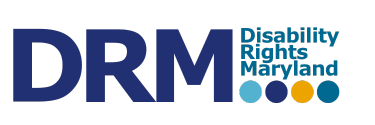Local:
Maryland Department of Health (MDH):
- Access MDH Opens COVID-19 Vaccination Support Call Center: https://disabilityrightsmd.org/wp-content/uploads/Vaccine-Support-Center.pdf
- The Maryland Department of Health has opened the COVID-19 Vaccination Support Call Center, a telephone-based support line and appointment system that is designed to assist those without internet access or who can’t use web-based systems, including people with disabilities. The center is open seven days a week, 7 am to 10 am. Visit covidlink.maryland.gov for more information.
- Access to Support for Patients with Disabilities in Hospital Settings: https://disabilityrightsmd.org/wp-content/uploads/05.11.2020-MDOD-MDH-Notice-Patients-with-Disabilities-in-Hospital-Settings.pdf
- A joint departmental guidance from the Maryland Department of Health (MDH) and Maryland Development Disabilities Administration (DDA) regarding requirements for hospital visits and support for people with disabilities. Related: Hospital Visitation Policies for Individuals with Disabilities
- COVID-19 Information and Resource Page: https://coronavirus.maryland.gov/
The Governor’s Office of The Deaf & Hard of Hearing (GODHH):
- VIDEO SERIES – COVID-19 FAQs: https://odhh.maryland.gov/COVID19FAQ/?fbclid=IwAR34w3OHLmhENsV_tvV47Ppo-w2RGpxLbEXfxSSgnKM1XwKORIhDzz3vaxU
- You can access over 70 FAQs regarding COVID-19 in American Sign Language (ASL) at the Governor’s Office of Deaf and Hard of Hearing’s website. Topics that are covered include education, eviction, masks, mental health, senior citizens, testing, and more. This collection of videos was developed to provide accessible information about COVID-19 and resources for the state’s Deaf and hard of hearing communities.
Maryland Developmental Disabilities Administration (DDA):
- COVID-19 Information By and For People with Disabilities: Plain-Language-Information-on-Coronavirus.pdf
- Waiver Changes, Resources, and Policy Updates: https://dda.health.maryland.gov/Pages/DDA_COVID-19_Information.aspx
Maryland Developmental Disabilities Council (MDDC):
- COVID-19 Information and Resource Page: https://www.md-council.org/covid-19/
National:
National Disability Rights Network (NDRN):
- Dedicated COVID-19 Page: Fighting for Disability Rights During the Pandemic: https://www.ndrn.org/issues/covid-19/
Center for Public Representation (CPR):
- COVID-19 Information and Resource Page: https://medicaid.publicrep.org/feature/covid-19/
- CPR has created a web page on COVID-19, with information on the COVID-19 legislation and resources.
Rooted in Rights (RR):
- COVID-19 Information and Resource Page: https://rootedinrights.org/covid-19/
- Rooted in Rights, a program at Disability Rights Washington, has assembled a page with pieces that are part of a series on perspectives from disabled and chronically ill people regarding COVID-19.
Disability Rights New York (DRNY):
- VIDEO – What You Should Know About COVID-19: https://www.youtube.com/watch?v=vaNTz2YPFZ4&
- Disability Rights New York, the New York P&A, produced this “What You Should Know About COVID-19” video with captions available in Spanish and Simplified Chinese, with the target audience being individuals with disabilities living in congregate care settings.
National Health Law Program (NHeLP):
- Factsheet on trends in COVID-19-related changes to HCBS 1915(c) waivers: https://healthlaw.org/resource/covid-19-changes-to-hcbs-using-appendix-k-approval-trends/
Self-Determination Channel:
- VIDEO – “Coronavirus Tips for Staying Healthy…for People w/ Develop. Disabilities” (SDC): https://www.youtube.com/watch?v=V7Yl-BesvDw
Last Updated: February 22, 2021



